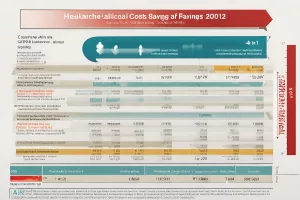Sylvia Lucas, Deputy Chairperson of the National Council of Provinces, spoke at the 68th Commission on the Status of Women (CSW68) about the need for gendersensitive legislation. Lucas emphasized the importance of genderresponsive policymaking, poverty alleviation, advocacy for genderresponsive legislation, and women’s participation in governance. She made a strong case for revising budget policies, fiscal policies, tax laws, and macroeconomic policies to cater to genderspecific needs, and highlighted the necessity of augmenting investments in genderresponsive budget analysis and lawmaking capacities.
The first 1,000 days of a child’s life, from conception until their second birthday, is a critical period for maximizing their potential and preventing stunting. In South Africa, where no benefits are available for pregnant women, extending the child support grant to cover the pregnancy period could potentially save the government $720 million over the first 1,000 days of children’s lives. A pilot study in the Western Cape province introduced a digital food voucher for impoverished pregnant women, showing promising results in improving nutrition and reducing financial stress. Providing sufficient support to pregnant women is an investment worth making for a healthier and financially stable future.
Minister Thembi Nkadimeng, from the Ministry of Cooperative Governance and Administration (CoGTA), has revealed a new framework aimed at revitalizing the Community Work Programme (CWP). This initiative aims to tackle the challenges faced by the programme and transform it into a more sustainable and impactful project for the benefit of South Africa’s most impoverished communities.
Cape Town is a city known for its beauty and culture that attracts visitors from around the world. However, the city is not without its challenges. Crime, water scarcity, and power outages are just a few of the issues that Cape Town faces. In this article, we will delve into the vision of Mayor Geordin HillLewis and the strategies being implemented by the City of Cape Town (CoCT) to overcome these obstacles.




